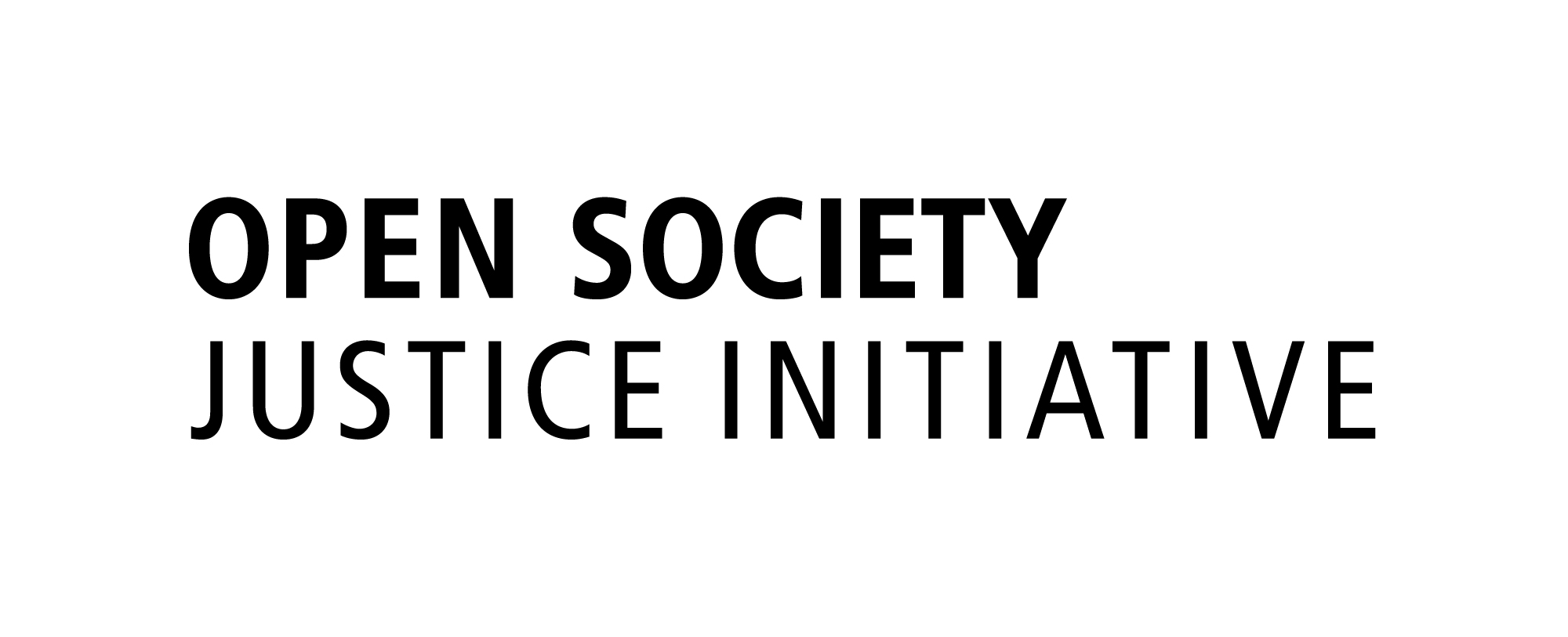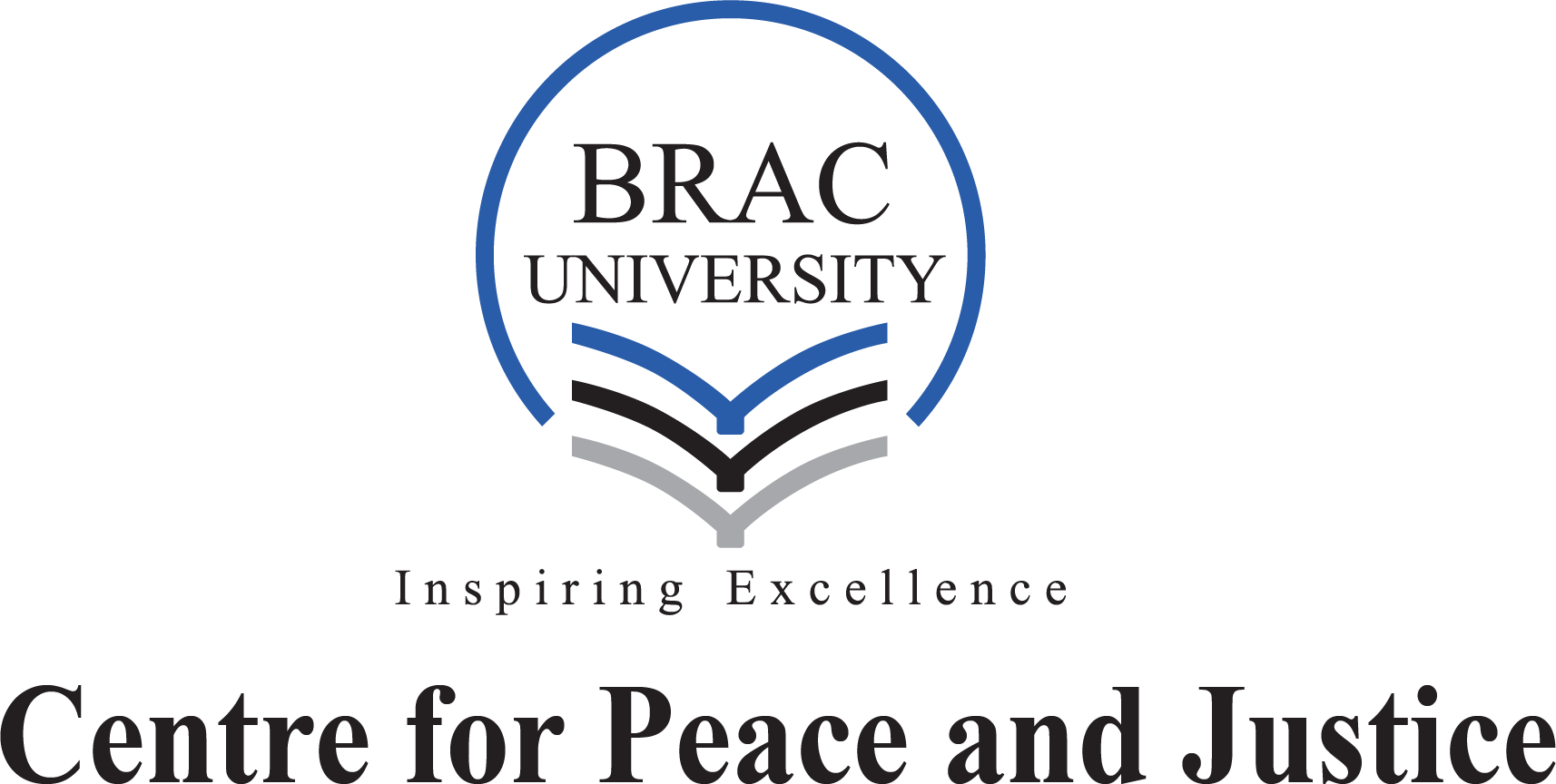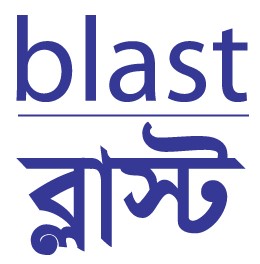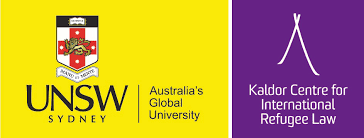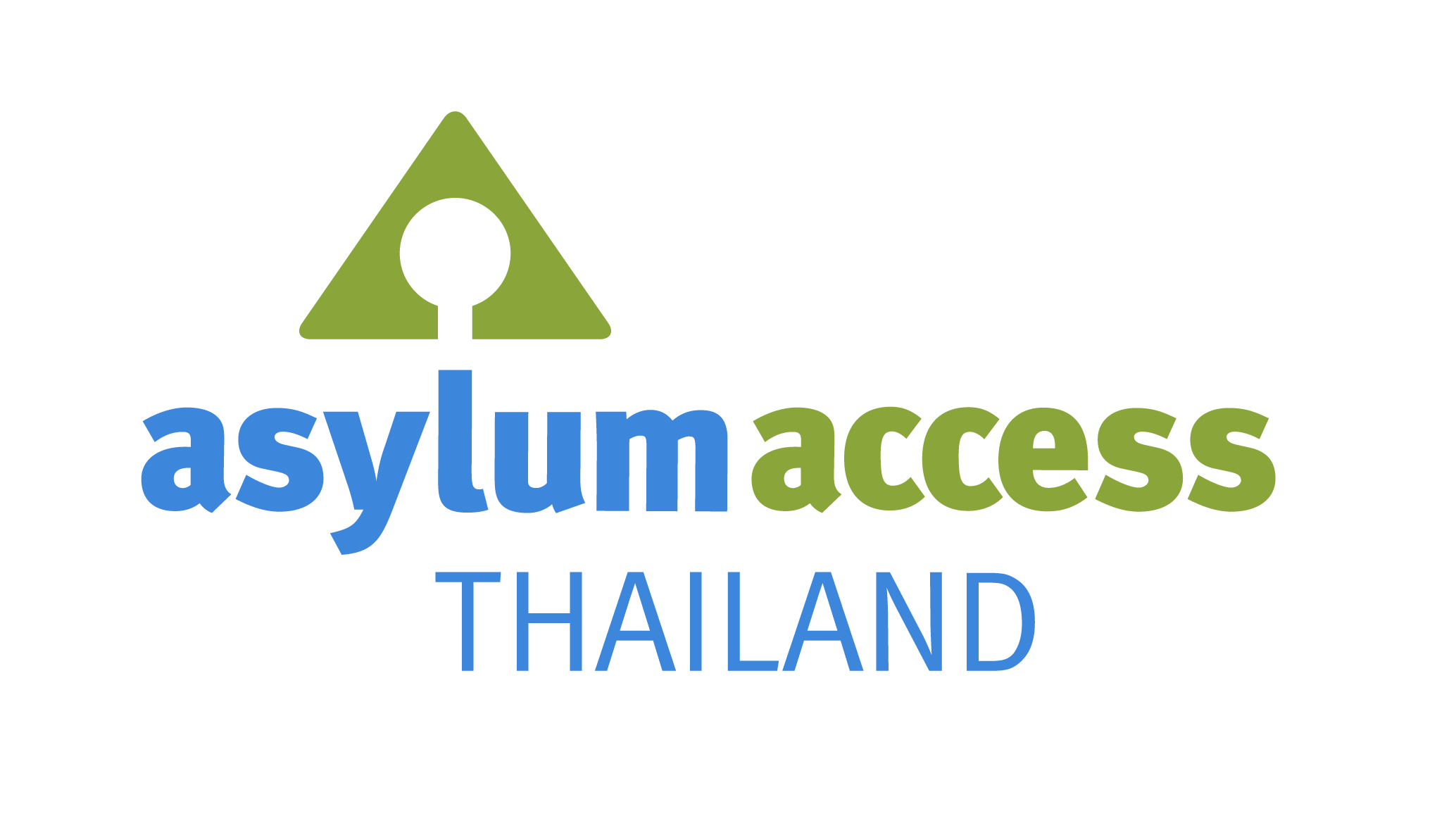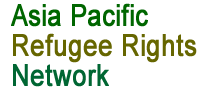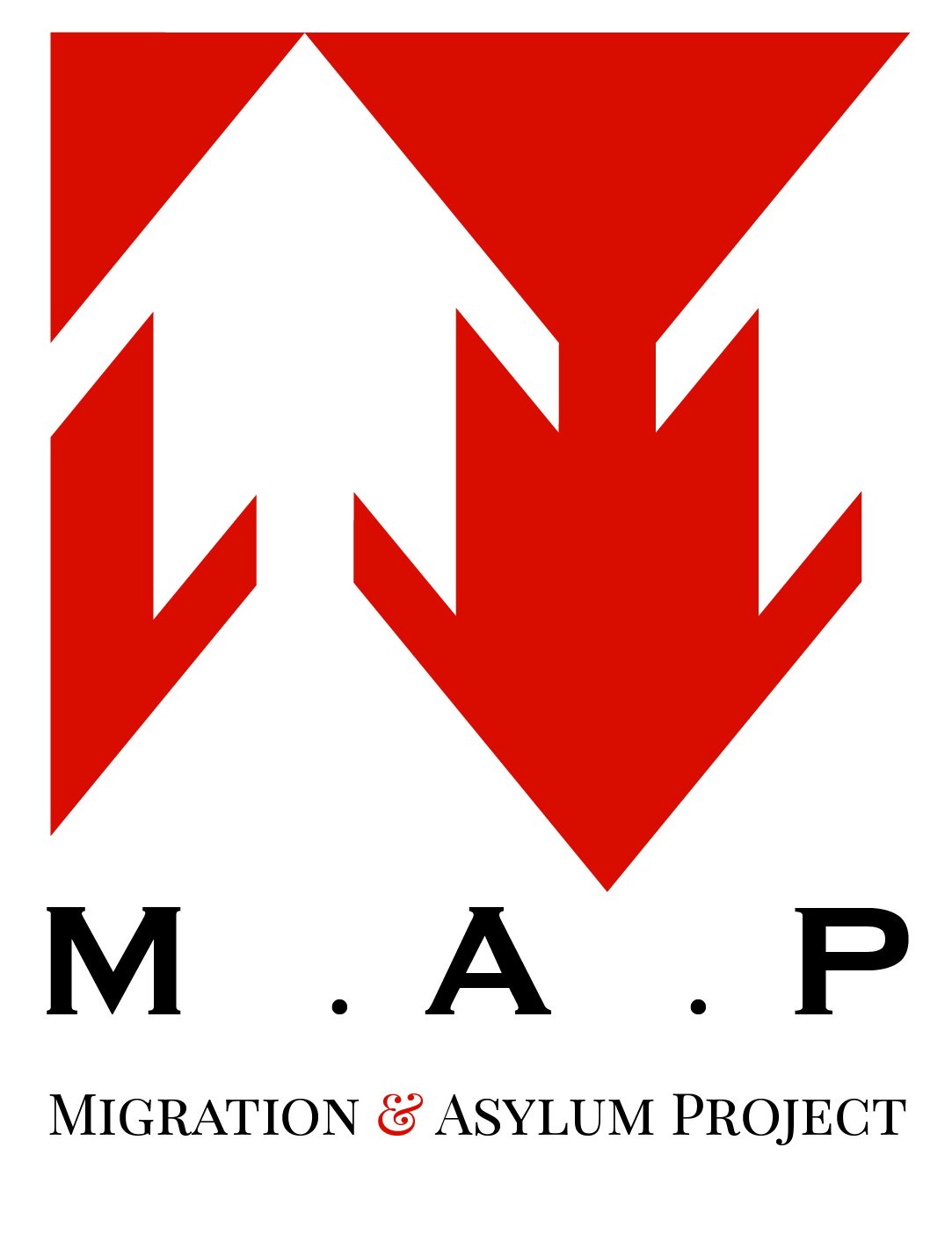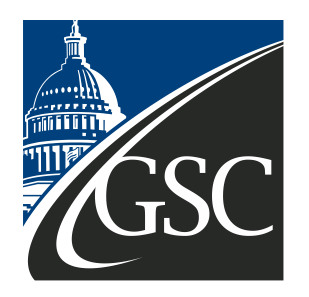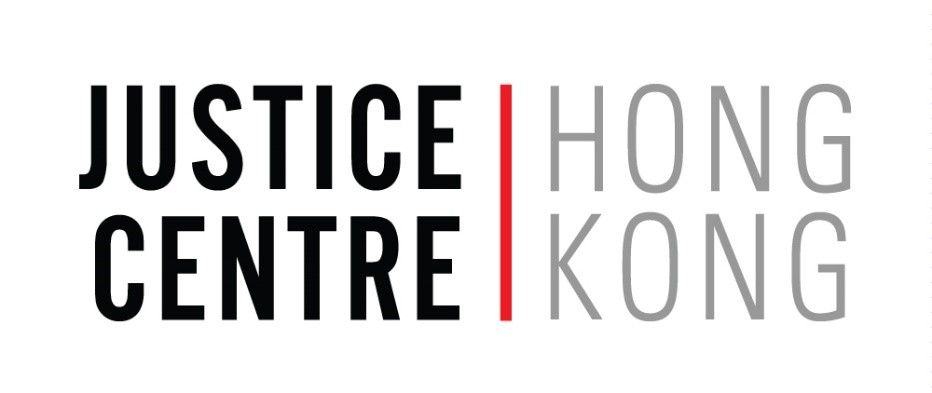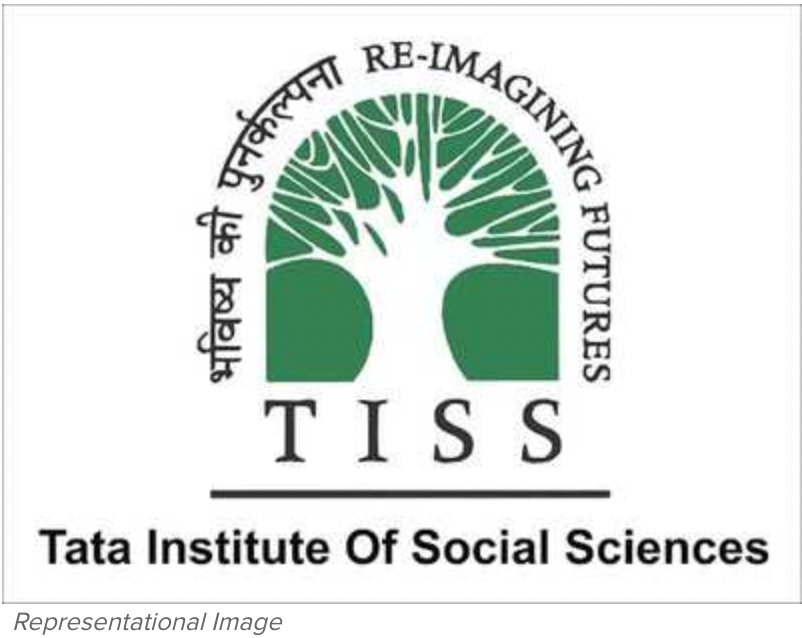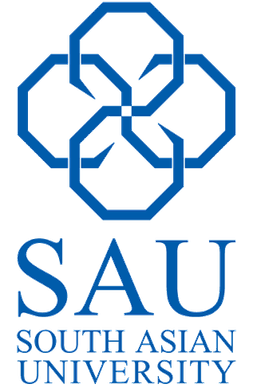
More details on the 2022 scheme will be announced soon.
Agenda
Resource Persons
Supporters
Downloads
The Virtual Summer School
The ‘Beyond Refuge’ Summer School on Refugee Rights and Forced Migration
The Mahanirban Calcutta Research Group (MCRG), the Open Society Justice Initiative (OSJI) and Center for Peace and Justice/BRAC University (CPJ), in close collaboration with BABSEACLE , Bangladesh Legal Aid and Services Trust (BLAST), and the Asia Pro Bono Conference and Access to Justice Exchange Secretariat, hosted the first-ever virtual Summer School on legal protections for refugees and forcibly displaced populations in Asia.
In 2021, as the world continues to navigate the climate crisis as well as a global health crisis, refugees and forcibly displaced communities continue to live under precarious living conditions with limited access to rights, in increasingly protracted displacement situations. This year, 2021, also marks the 70th anniversary of the adoption of the 1951 Refugee Convention. Historically, the 1951 Refugee Convention and its 1967 Protocol have been the key legal documents that form the basis of international refugee law. With 149 State parties to either or both, they define the term ‘refugee’, outline the rights of refugees, and the legal obligations of States to protect them. However, the lives of refugees and forcibly displaced communities continue to be predominantly defined through national laws and domestic legal orders in host countries– and in no place is this more apparent than in Asia. Despite providing refuge to one of the largest populations of refugees and forcibly displaced populations in the world, very few states across the Asia Pacific region are parties to the 1951 Refugee Convention or the 1967 Protocol. Instead, they have opted to provide protection through a wide range of national laws, policies, judicial decisions, ad hoc measures and localized practices to offer refuge to those fleeing persecution and forcibly displaced communities on their territory.
In this 4-day intensive, interdisciplinary and participatory Summer School, participants critically reflected on the laws, institutions, and actors influencing and shaping the lives of refugee and forcibly displaced populations in the Asia Pacific region. Participants were encouraged to think creatively about the role and use of national and international law, and discuss various methods and approaches to advance and strengthen protections for refugees, forcibly displaced, and at-risk populations in different host countries.
Date: 23 – 26 August 2021
Platform: Zoom
Target Participants: The intended audience of the 2021 Summer School, but not limited to, includes scholars, critical thinkers, activists, and early-career professionals in fields related to refugee law and policy.
Scholarships Available
The program is free of charge
Application Results*
30 July 2021
Deadline for Confirming the Offer
4 August 2021
Program Period
23 – 26 August 2021
Agenda
DAY 1
August 23, 4:30 – 7:00 PM (ICT)
Session 1: History Background
Session 1 of the Beyond Refuge: Summer School on Refugee Rights and Forced Migration, will provide a historical outline of the refugee protection regime since the 1951 Convention. This will include a core focus on key protection components and principles in the refugee field. Session 1 will then explore the challenges of applying international law protections at national levels, in-light of contemporary international law issues. Building on this, Session 1 will look into, and question, the limits of the 1951 convention framework and explore how current protection challenges require a shift in the global refugee protection paradigm. Finally, Session 1 will set the preliminary foundations as to how many of these challenges could be met, through relying, in-part, on comparative national/domestic and other practices.
Resource Persons
Professor Guy Goodwin-Gill, the University of New South Wales, Australia
Professor Ranabir Samaddar, MCRG, India
Facilitators
4:30 – 7:00 PM (ICT)
DAY 2 – August 24
5:00 – 7:00 PM (ICT)
Session 2: Contesting Rightlessness in an Age of Rights
Comparative Insights on Advancing Protections for Refugee Communities and Forcibly Displaced Populations from the Global South.
While the status quo and the international refugee protection framework does not comprehensively address the needs of refugee and forcibly displaced populations, practitioners in the Global south are employing a range of strategies to address the fundamental questions refugee and forcibly displaced populations face – that of ‘rightlessness’. Session 2 will focus on current legal strategies, legal empowerment efforts, partnership models and policy initiatives to advance rights of refugee and forcibly displaced populations. Building on current strategies, participants will also have an opportunity to work in small teams and engage with resource persons/leading practitioners to develop proposal ideas to advance protections and rights of refugee communities and forcibly displaced populations.
Resource Persons
Julia Mayerhofer, PILnet, Hong Kong
Seyed Masoud Noori, Roya Institue for Global Justice, USA
Ian Kysel, Global Strategic Council, USA
Naiyana Thanawattho, Asylum Acess, Thailand
Yasunobu Sato, University of Tokyo, Japan
Hamsa Vijayaraghavan, Migration & Asylum Project, India
Sara Hossain, BLAST, Bangladesh
Lynette Nam, Justice Centre Hongkong/APRRN, Hong Kong
Facilitators
Sumaiya Islam, OSF/OSJI, United Kingdom
5:00 – 7:00 PM (ICT)
August 24, 7:30 – 8.30 PM (ICT)
Cultural Dinner Night
Each participant creates a dish that symbolizes their respective countries or cultures and introduces the dish to others. The dish should be prepared in advance for the sessions.
7:30 – 8:30 PM (ICT)
Day 3 – August 25
2:00 – 4:00 PM (ICT)
Session 3: Climate Displacement
Climate displacement is forecasted to become the biggest driver of displacement within and across national borders. The aim of this session is to reflect on climate change and its consequences, the current role of the UNHCR, other international agencies, as well as national responses/mechanisms, and the nexus between climate change, resource scarcity, and violence and conflict. Summer School Participants will consider whether the existing international protection frameworks are suitable to protect the rights of climate refugees and respond to the legal and practical challenges posed by climate and disaster-induced displacement and identify gaps in these protections. Simultaneously, Participants will be exposed to, and discuss current and potential effective national/domestic alternative strategies, with which to address these practical challenges.
Resource Persons
Jane McAdam (Pre-Session), Kaldor Center, The University of New South Wales, Australia
Sanjula Weerasinghe, Kaldor Center, The University of New South Wales, Australia
Sanjay Chaturveedi, South Asain University, India
Janki Andharia, Tata Institue of Social Sciences, India
Facilitators
Shahariar Sadat, BRAC University/CPJ, Bangladesh
Bruce Lasky, BABSEACLE/Lanna Lawyers, Thailand/Laos
Wendy Morrish, BABSEACLE, Thailand/Laos
2:00 – 4:00 PM (ICT)
5:30 – 7:30 PM (ICT)
Session 4: Gender, Sexuality Issues
Over the past seventy years, since the proclamation of the 1951 Convention, the questions of addressing the problems of gender and refugee have plagued activists, scholars, practitioners to go beyond the hetero-normative analysis of refugee-hood and protectionism—have remained as two linear transverse in discourse in determining the ‘agency of life’ in causality of victimhood or ineffectual reconstructive rehabilitation in asylum or in refuge when viewed through the binary prism of the gender-sexuality paradox. With the increasing number of the women and girl refugees in these ‘mixed and massive’ flow of population, the performativity of the biological ontologies and social proclivities within the invisible mechanisms of gender-based violence raises the concerns for broadening our understanding: who is the refuge and what compelled them to move. Perhaps more than a question the refugees are seen as an amorous mass ‘fleeing’ and victimhood as their lone drivers. But do men and women move for the same reason? Do they share the same experience in their refuge? To recognize that the gendered bodies operate in organic solidarity with the social prescriptions is also to acknowledge its precarity to function through the expectations of pleasure and pain that often act as catalysing push to go beyond the boundaries of unpolluted bodies and thrust open to savageness of externalization through refuge/migration–creating successive spaces of power relations which demands to analyse gendered migration as more than passive operant in the migratory process. The session will try to navigate these questions through the current domain of the refugee conventions and its appendages to analyse how far protectionism through its multi-layered functionaries have either secured or failed to look gender as operative category to the realities of women’s experiences in this post-colonial world of migration and will try to highlight the male realties in the framing and making of the different refugee laws in its global connections and local operations.
Resource Persons
Subin Mulmi, Nationality for All, Nepal
Facilitators
Sara Hossain, BLAST, Bangladesh
5:30 – 7:30 PM (ICT)
DAY 4
August 26, 5:00 PM to 7:30 PM (ICT)
Session 5: Future Strategies & Closing Remarks
This session will ‘bring it all together’ and, building on the input and experiences of the previous 4 sessions, the Participants will work in pre-designed teams to conceptualize and develop advocacy actions for pragmatic, workable future strategies to address the current gaps in current refugee protections. The Participant teams, applying an assessment of the current protection models, will design specific plans that utilize south-south, transformative, innovative approaches, which can be applied and adapted by themselves and others going forward.
Resource Persons
Brian Gorlick, School of Advanced Study, University of London, Sweden
Professor Sabyasachi Basu Ray Chaudhury, MCRG, India
Facilitators
Sumaiya Islam, OSF/OSJI, United Kingdom
Coline Schupfer, OSF/OSJI, United Kingdom
Sara Hossain, BLAST, Bangladesh
Shahariar Sadat, BRAC University/CPJ, Bangladesh
Bruce Lasky, BABSEACLE/Lanna Lawyers, Thailand/Laos
Wendy Morrish, BABSEACLE, Thailand/Laos
5:00 – 7:30 PM (ICT)
Supporters

